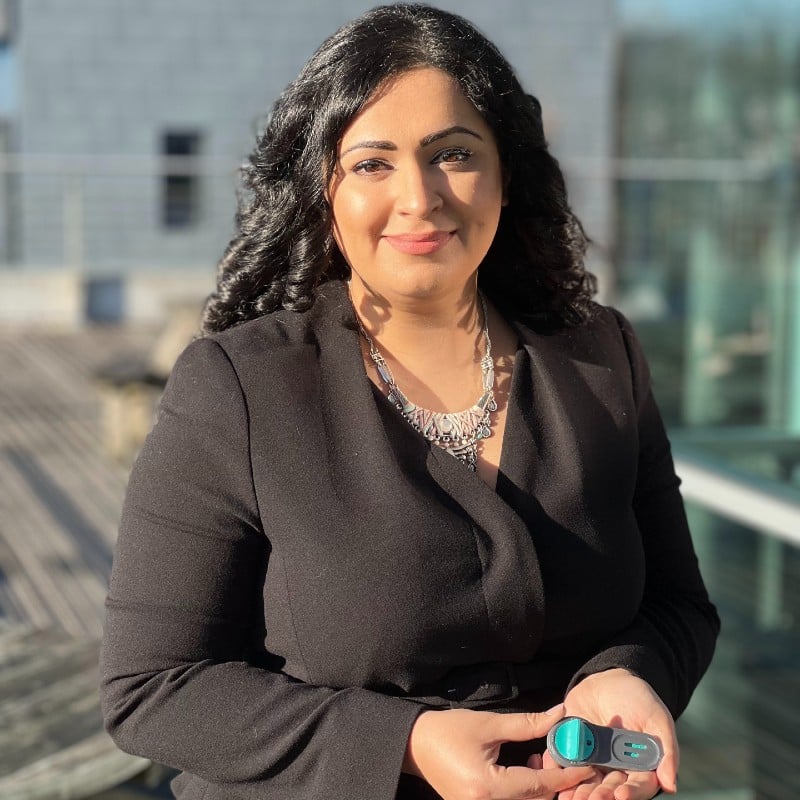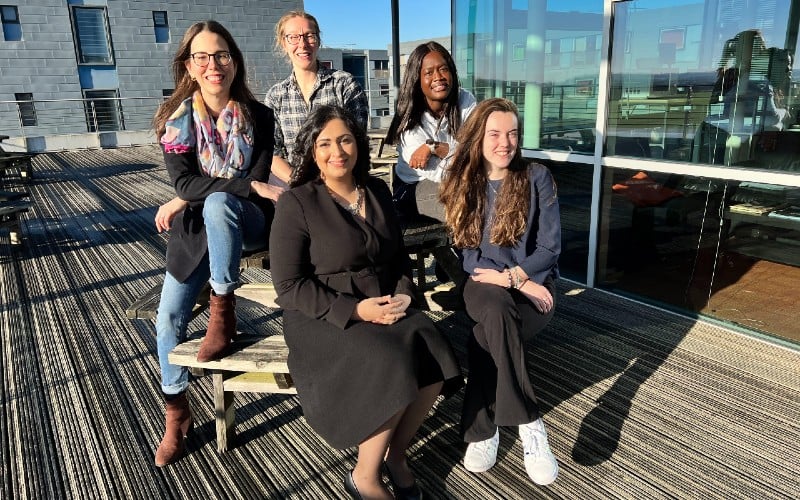A cancer care management device which aims to protect patients from a potentially lethal side effect of chemotherapy has raised £1 million in funding.
52 North Health, a UK- and US-based MedTech startup, is developing the NeutroCheck – a fully-integrated clinical, AI- and medical device-based system for people living with cancer.
The NeutroCheck is a point-of-care medical device which can be used by patients outside of hospital to monitor their risk of neutropenic sepsis, a potentially life-threatening complication of chemotherapy.
The startup has raised £1 million in its first round of funding led by Cambridge Enterprise, the commercialisation arm of the University of Cambridge, with participation from Crista Galli Ventures, King’s Health Partners MedTech Innovations, Meltwind, Milltrust Ventures and a number of angels.

Taking its name from the GPS coordinates of Cambridge, where it was founded in 2018, 52 North is led by former lawyer and business development professional Umaima Ahmad (CEO – pictured above with prototype device), consultant oncologist Dr Saif Ahmad (chief scientific and medical officer), data scientist and assistant professor at the University of Cambridge Dr Mireia Crispin-Ortuzar (chief digital officer) and Harvard-based biosensor engineer Dr Nicole Weckman (technology advisor).
With an 85% female team, 52 North says it is also proud to be challenging the status quo in STEM.
The investment will be used to take the NeutroCheck device through clinical trials in the UK, as well as to deliver on strategic partnerships with key partners including the UK Sepsis Trust and Macmillan Cancer Support, in order to define a new clinical pathway for treating suspected neutropenic sepsis, and to ensure people living with disease continue to be at the heart of the product lifecycle.
“We are delighted to have the support of excellent investors who are aligned with our values,” said Ahmad. “With the advent of personalised medicine and an increasingly decentralised healthcare system – a need accelerated by the pandemic – many existing care pathways are no longer fit-for-purpose.
“In addition, the digitisation of healthcare can often exacerbate health inequality. We are focused on reinventing the healthcare journey for all patients across the globe, keeping health equity and improved health outcomes at the heart of our work.
“We are doing this through building solutions that are affordable, cutting-edge and built around people living with disease. We are grateful to the dozens of people living with disease who have volunteered their time to engage with our product lifecycle.”
Dr Weckman added: “The level of care that people can access is impacted by many factors including where they live, their ethnicity, gender and level of education. This simply should not be the case and health inequality is recognised as one of the key issues in the NHS Long-Term Plan.
“We are proud to be keeping this at the heart of our solutions, combining technology with patient and clinician input and key human values, to improve health outcomes, because this is the future of healthcare.”


